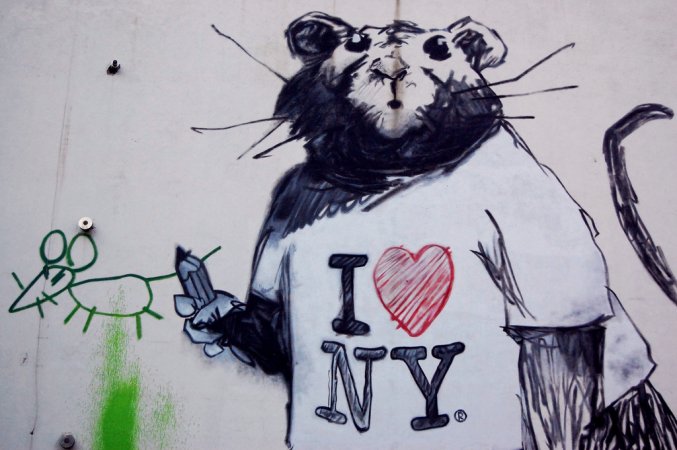

Your monthly roundup of infestations, contagions, and controls from around the web:
In outbreak news
The Ebola outbreak continues in West Africa. Liberia was reportedly Ebola-free earlier this month, but has since had a new patient. The severity of the outbreak in Sierra Leone prompted a three-day lockdown. And while exciting new research points to potential Ebola vaccines, testing the versions that are ready for clinical trials is proving difficult, as Amy Maxmen reports in this great Al Jazeera America piece. A spot of good news: recent research suggests the virus might not be mutating quickly, which means it isn’t likely growing more virulent. For more on that, read this piece at Scientific American.
But, even after the outbreak is finally under control, there will be lasting negative effects. For more on that, check out this Nature piece by Erika Check Hayden on the outbreak’s impact on maternal health, as well as this Wired piece by Maryn McKenna that explains how Ebola may interrupt childhood immunizations that could lead to more cases of other diseases, such as measles.
And speaking of measles, researchers have confirmed that low vaccination rates helped spread the recent outbreak in Disneyland.
In other microbe news
New research suggests that, in rare cases, particularly in children, malaria parasites can get caught in the brain where they affect the center responsible for respiration. It may be that getting the patients on a ventilator early will help them survive. For more, listen to and read this NPR piece or read at the New York Times.
Clostridium difficile infections may be a bigger problem at big hospitals, reports Alexandra Ossola at Popular Science.
Carl Zimmer has a couple of great pieces this month, one on different origins of HIV and the other explaining how malaria may produce lemon scents to attract mosquitoes.
Medical tools are spreading antibiotic-resistant bacteria, and they need to be altered in order to lower the chances of contamination. Read more in this Katie Palmer Wired piece.
Venom may offer new drugs to treat bacterial illnesses. Read this bizarre tale at Mosaic, by Christie Wilcox, which describes a woman who may have gotten ride of her Lyme disease infection with bee stings.
Check out the new documentary Resistance, which traces the current antibiotic crisis.
And Esther Inglis-Arkell at io9 has a horrifying review of the ways we used to treat syphilis.
In vaccine news
Alexis Madrigal has an intriguing piece at Fusion that describes a DARPA plan to create DNA vaccines, which would have applications for Ebola and a slew of other diseases.
Jason Motlagh has an epic longread at National Geographic on the difficulties of vaccinating for polio in war-torn Syria.
And earlier this month in Germany, a court ruled against a vaccine skeptic who had offered €100,000 to anyone who could prove that measles is caused by a virus. The man has to pay up after a researcher sent him a scientific paper on the topic.
In agriculture news
The World Health Organization released a report suggesting, among other things, that the widely-used herbicide glyphosate probably causes cancer. This may not be as scary as it sounds, though. Read more at Grist, NPR, and Nature.
The Food and Drug Administration announced that new GMO potatoes and apples are safe and are nutritionally comparable to conventional potatoes and apples. Read more from Andrew Pollack at the New York Times.
Some dairy farmers in the US are apparently breaking the rules on antibiotics, which are not supposed to show up in cow milk. Meanwhile, pig farmers worldwide are using more antibiotics to raise pork compared to cattle and poultry farmers.
And to catch up on the latest thinking on the global bee decline, check out this Vox piece by Brad Plumer and this Wired piece by Gwen Pearson. Short version: it’s complicated.
In creepy crawly news
Speaking of Gwen, she has another fun Wired piece about the rats of New York City. Check it out here.
Two destructive termite species in Florida appear to be breeding an especially devastating hybrid, aka the “super-termite.” Listen to this All Things Considered story for more.
Aeon has a lovely essay by Andrea Appleton, which explores different cultures’ views on insects.
And check out this awesome series of parasite portraits by artist Marcus DeSieno, including one where he caught a pair of flukes having sex.







